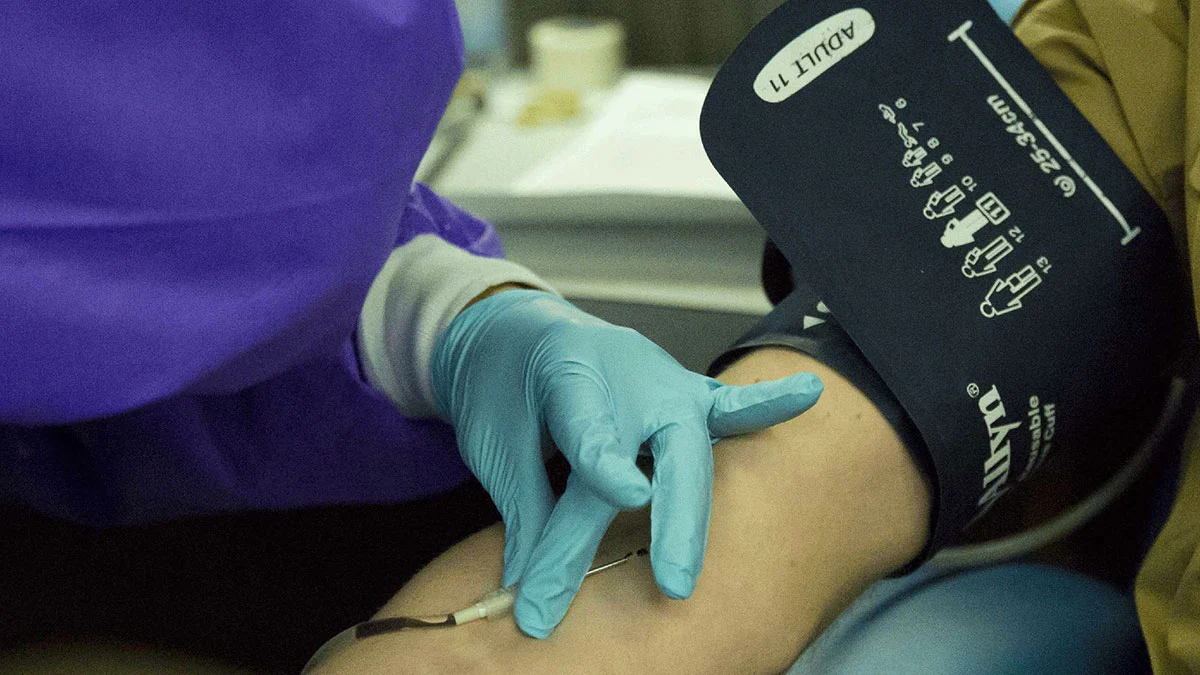
Czechia Lifts Ban on Blood Donation by Gay Men: A New Era of Inclusivity
This change is a significant step towards equality and inclusivity, broadening the pool of potential donors and reinforcing the right of every healthy individual to contribute to life-saving efforts.
Introduction
On 1 July, Czechia took a significant step towards inclusivity and equality by lifting the ban on blood donations by gay men. This regulatory change, implemented by the Czech Health Ministry in cooperation with the local medical association, puts Czechia in line with internationally accepted recommendations.
The New Regulation
According to the new regulation, every healthy Czech who wishes to donate blood and help save lives now has the opportunity to do so. Czech Health Minister Vlastimil Válek emphasised the importance of individual risk assessments related to sexual activities for each donor, regardless of their gender or sexual orientation. This move ensures that the focus is on the health and safety of the blood supply rather than discriminatory practices.
Donor Screening Process
Blood donors in Czechia will continue to undergo a thorough screening process. They are required to fill out a questionnaire before donating, disclosing any restrictions that may prevent them from being eligible donors. These restrictions include past illnesses, chronic diseases, recent antibiotic use, travel to high-risk countries, tattoos, or tick bites. This comprehensive screening process ensures that the blood supply remains safe for all recipients.
Implications and Future Outlook
The lifting of the ban is a monumental step towards equality and non-discriminatory practices in Czechia. By aligning with internationally accepted recommendations, Czechia sets a precedent for other countries to follow. This regulatory change not only broadens the pool of potential blood donors but also reinforces the message that every healthy individual, regardless of sexual orientation, has the right to contribute to life-saving efforts.
